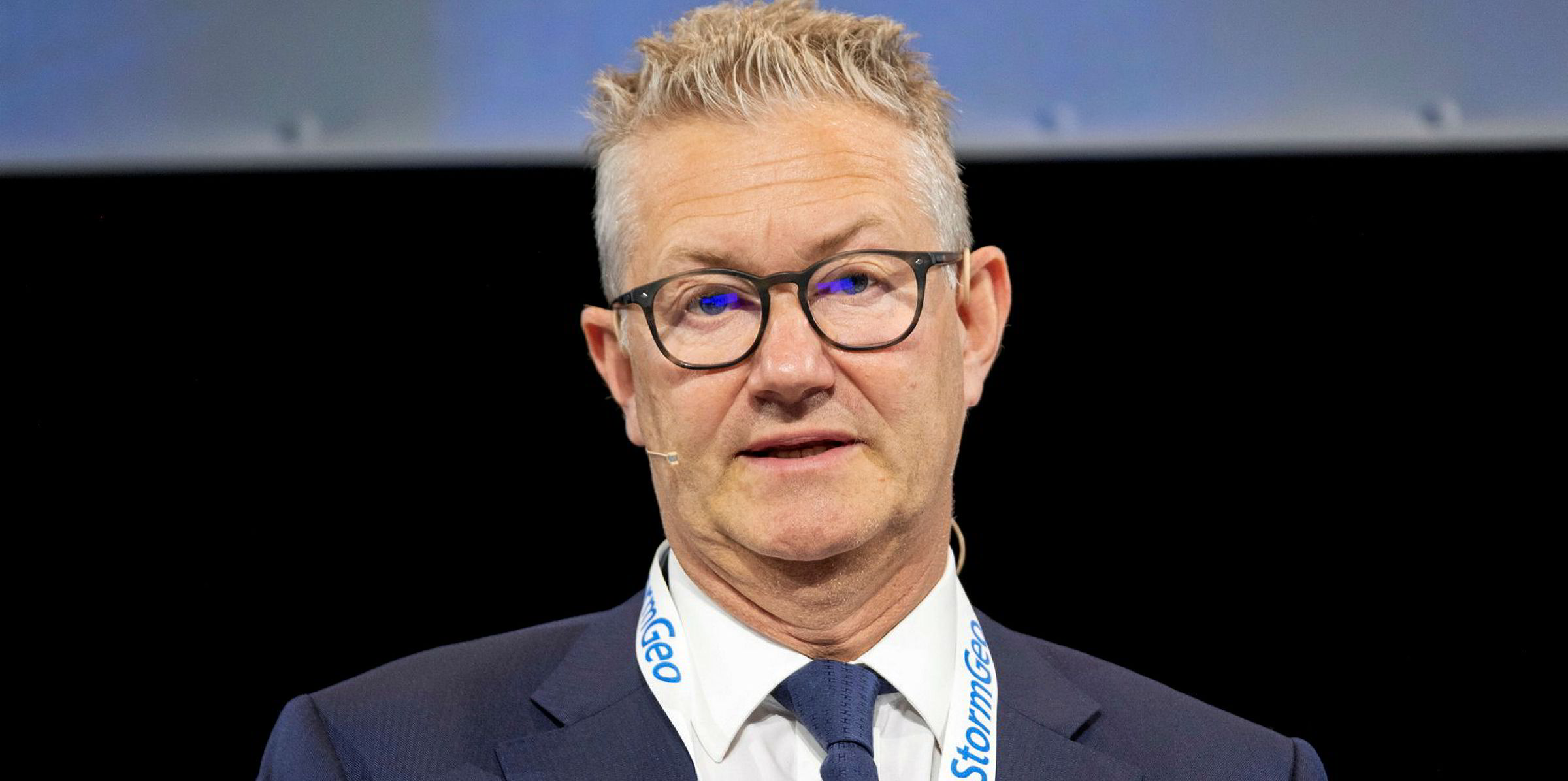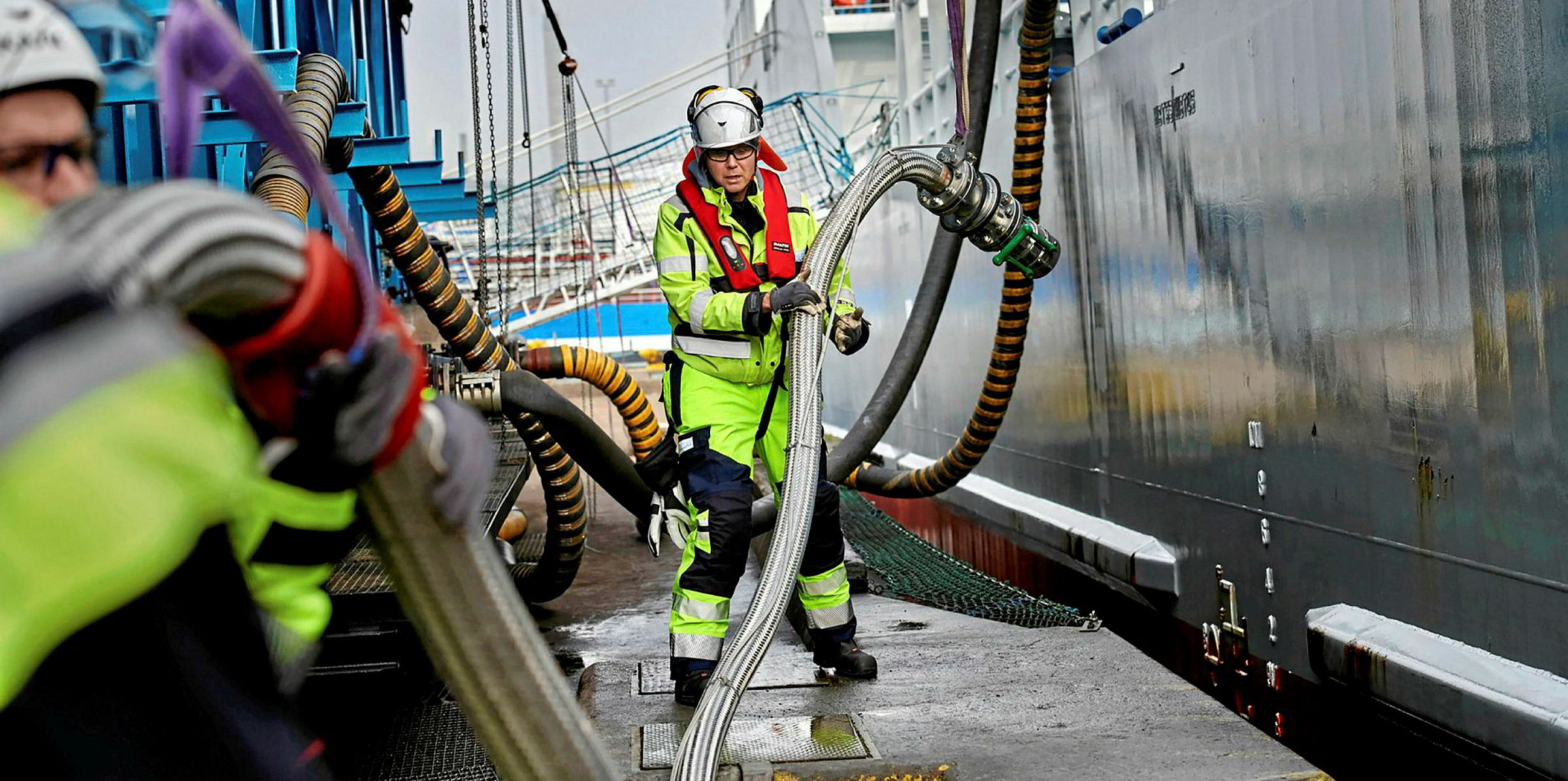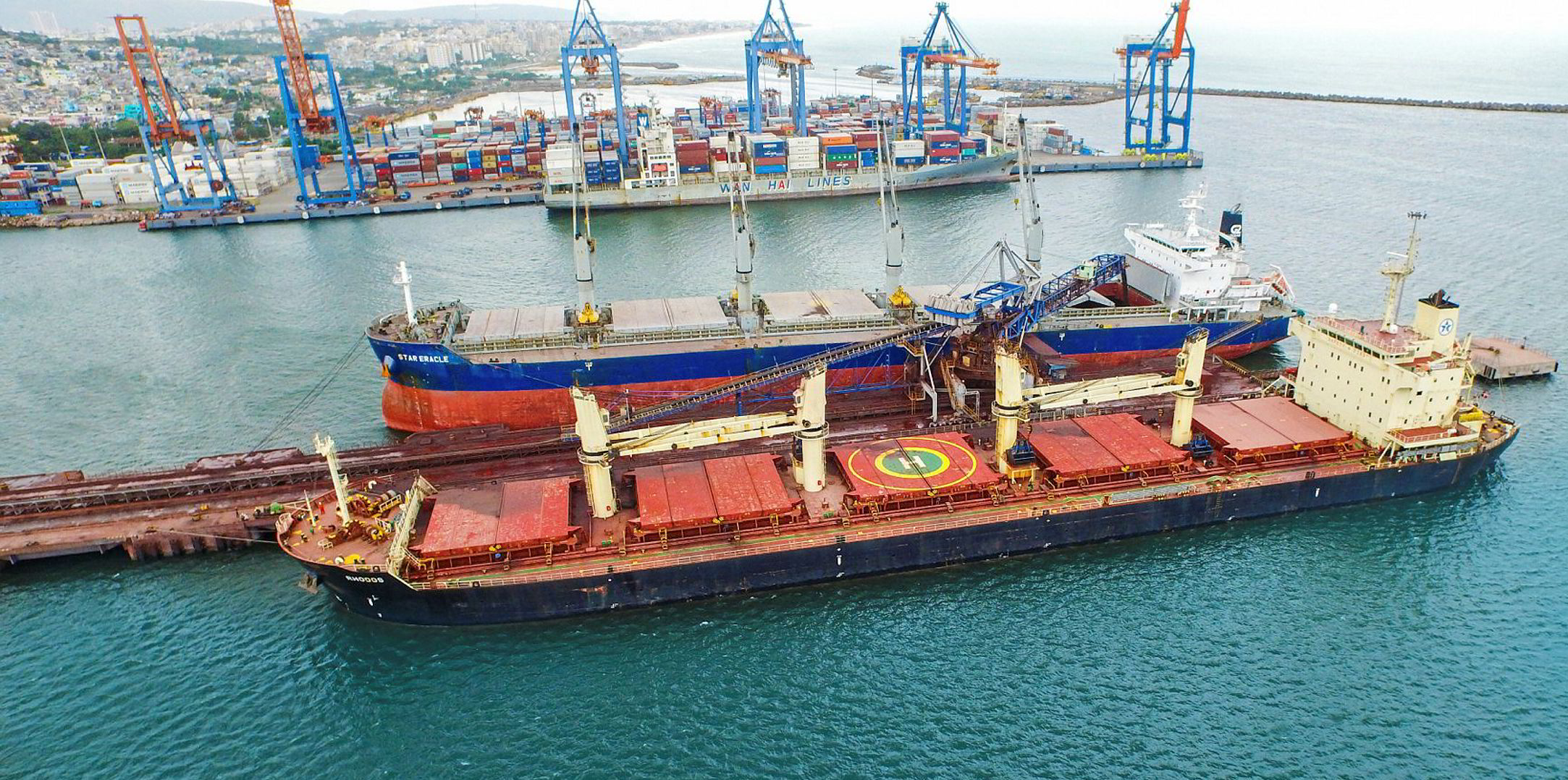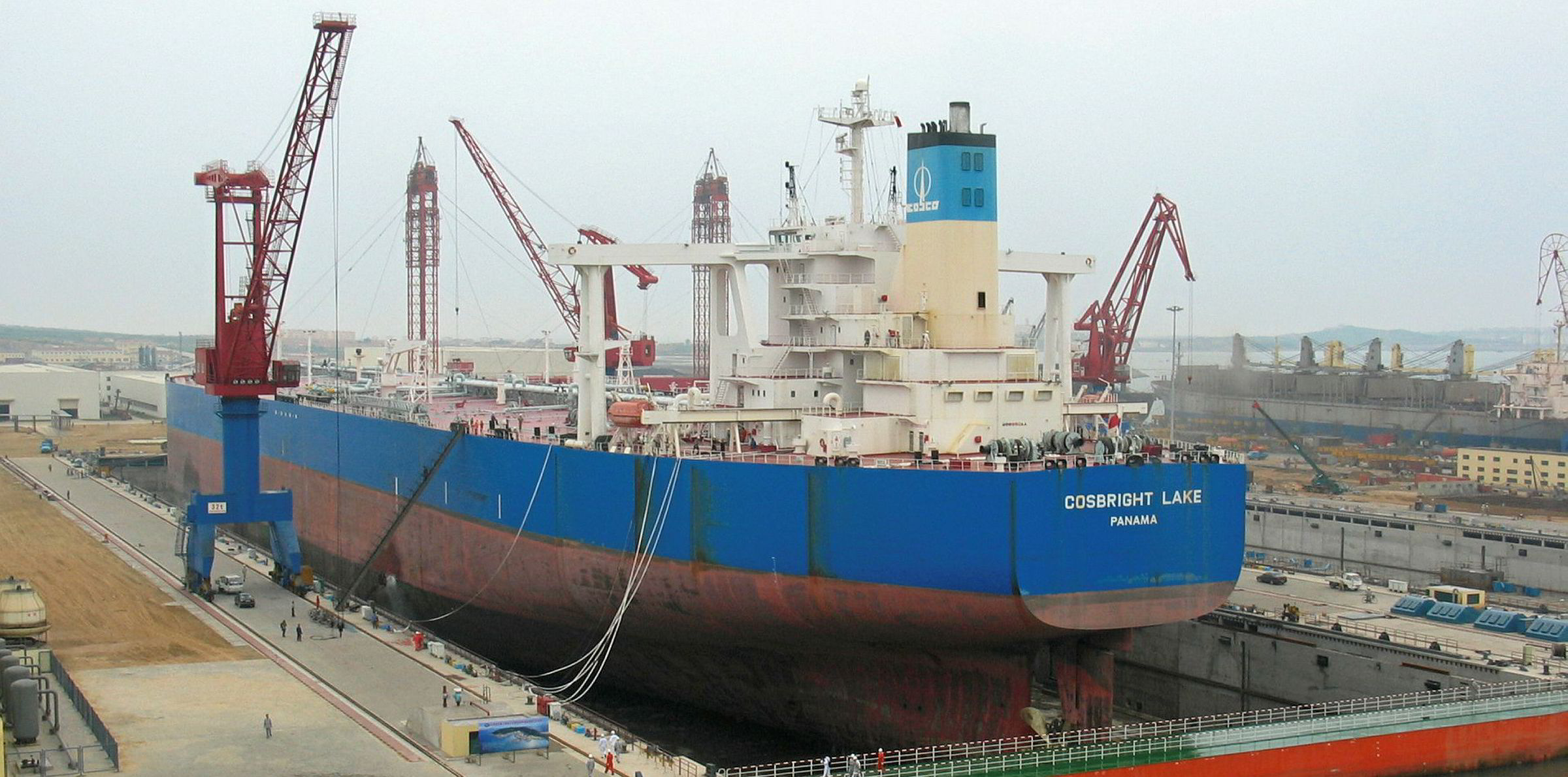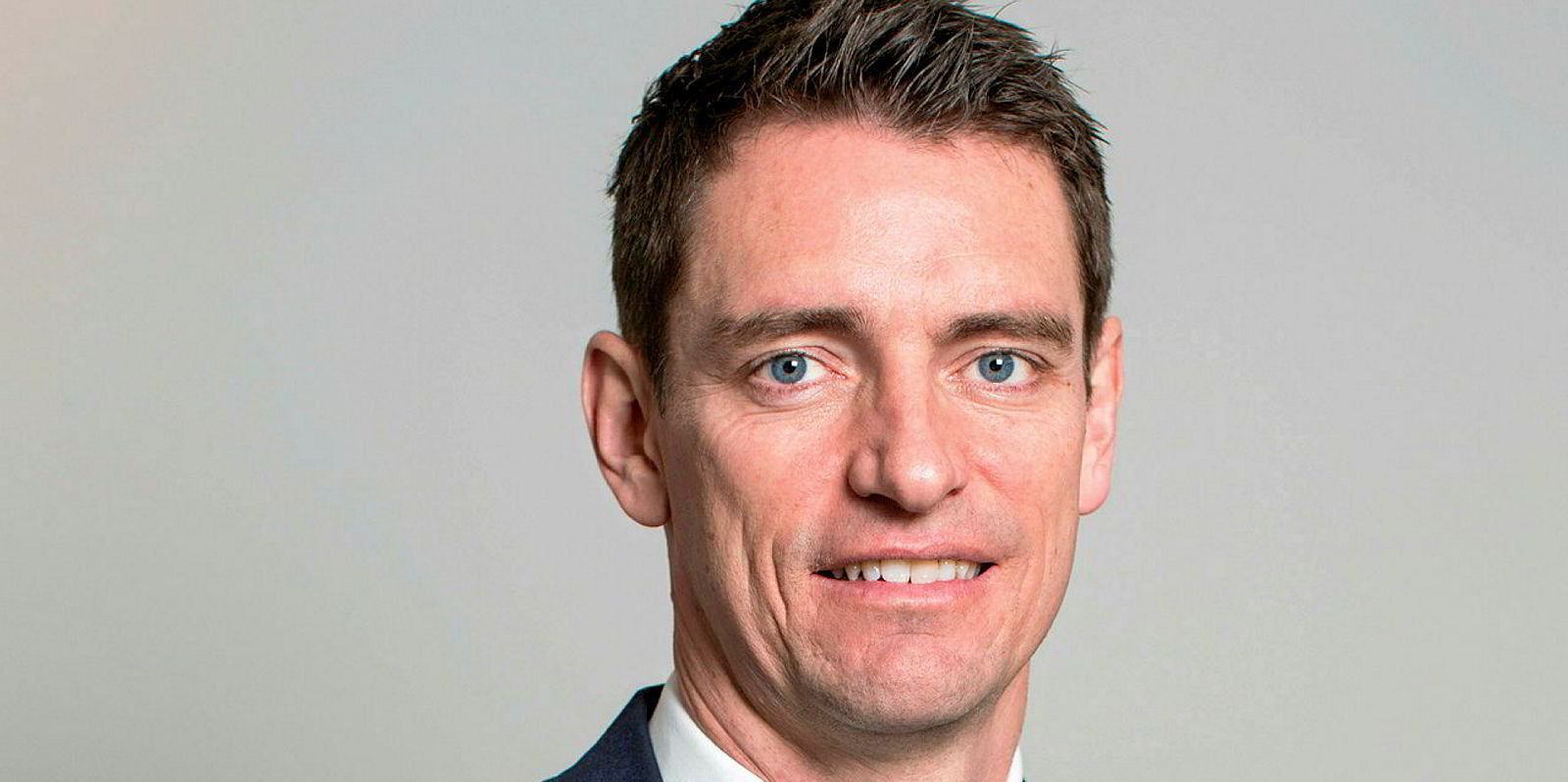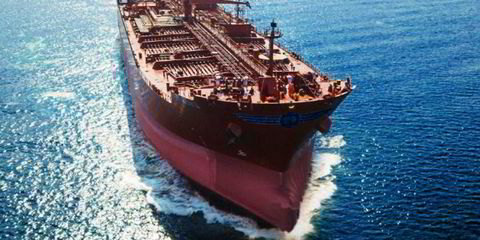Shipbroker Fearnleys is not expecting a revival in the newbuilding market this year as owners continue to seek answers on the type of vessel to order to meet future emissions targets.
Even Matre Ellingsen, chief executive of parent company Astrup Fearnley, told TradeWinds that the outfit has been advising investors to opt for modern eco-ships fitted with scrubbers. Pointing to Fearnleys clients such as Scorpio Tankers and Okeanis Eco Tankers, he said such ships give a very good return to owners.
Ellingsen, who had just come out of a meeting with a tanker shipowner, said it is “kind of high risk” to take on newbuildings today, explaining that owners are asking about what kind of propulsion system they will use and what will be the lifetime of the vessel.
“A ship should last for 20 years. If it writes down in 10 years, that would be a bad investment," he said, speaking to TradeWinds at Astrup Fearnley Shipping, Energy & Offshore conference in London.
Asked if the company’s advice is now changing as the IMO’s 2030 target to reduce CO2 emissions by 40% is a mere 10 years away, he said: “We think research is very important.”
Dag Kilen, the newly appointed head of research at Fearnleys, said the company now has one person dedicated to studying alternative fuels, propulsion and regulations because this is going to be very important for the next generation of ships.
Kilen, who also gave a presentation on the currently upbeat tanker sector during the conference, said that so far its recommendation to owners on LNG-fuelled vessels is to opt for high-pressure diesel propulsion units because they offer better containment of methane slip.
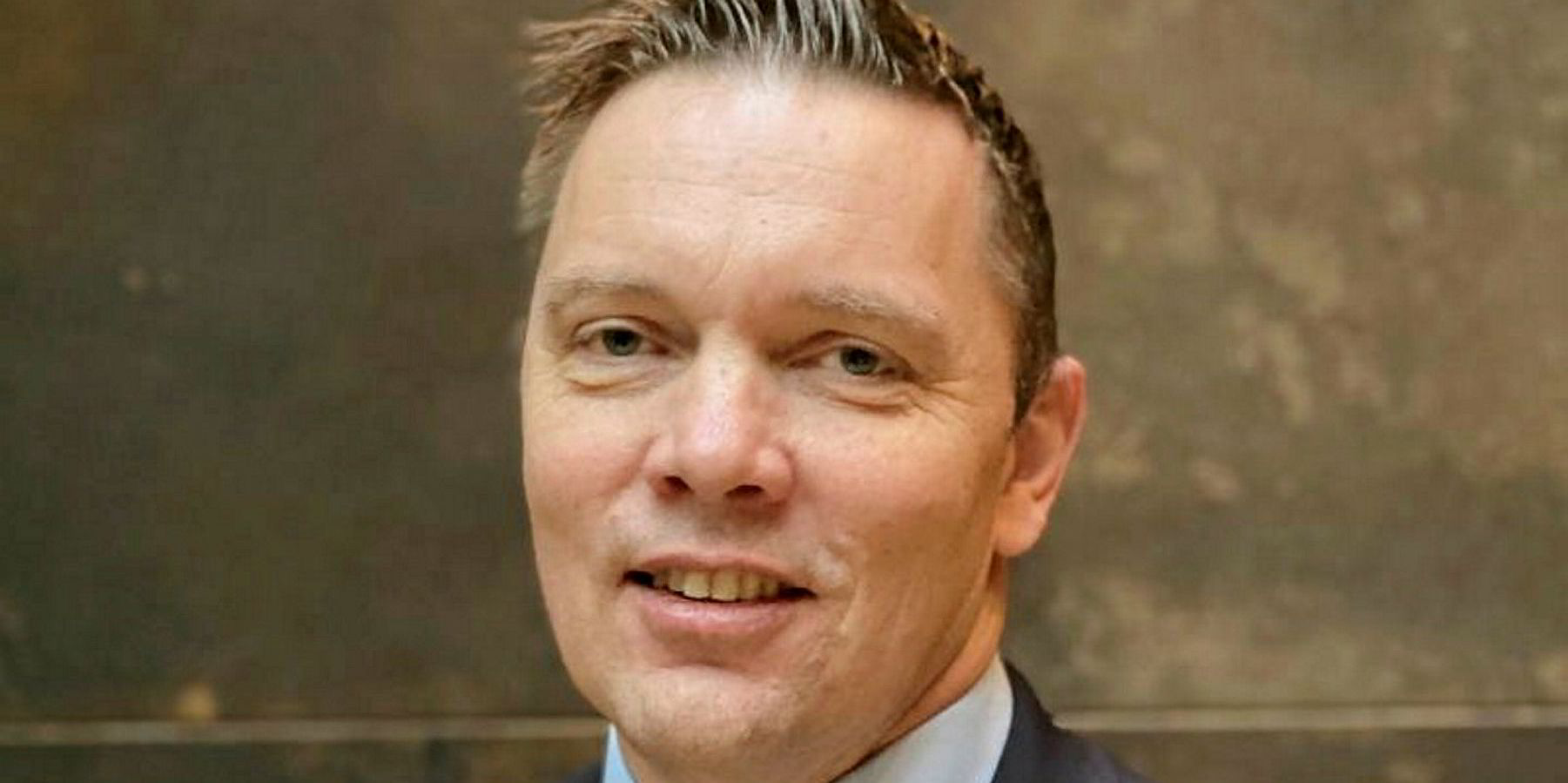
He said the market has already seen a pick up in newbuilding activity for VLGCs, where it makes sense for vessels to run on LPG. But a hesitation on ordering is being seen in tankers and dry bulk vessels.
Rikard Vabo, head of corporate finance at Fearnley Securities, said he believes the reluctance on newbuildings is one of the factors that could prolong the upcycle for shipping.
“There are so many uncertainty factors,” he said, citing financing and propulsion among others.
Vabo said Fearnley Securities is expecting “significantly more activity” this year on shipping investment. He pointed out that the tanker and LPG sectors are already showing improvement, with investors generating “comfortable returns” on those assets.
The company sees other segments following suit, he added.
Vabo said that if shipping demand holds up in a climate of very limited new orders, then market balance will improve.
"This will then generate new opportunities and investors will look for new vehicles to fund," he said. “We see a clear trend of tier one clients getting bank access [to finance]. But there are more challenges for tier two and three clients."
Ellingsen said many of these second and third-tier clients are “very good” but often smaller shipowners need other sources of funding, which Fearnleys can work with.
Ellingsen said Fearnleys is making a broader offering to its clients on how to finance ships, which is more complicated today.
“We are investing heavily in technology and people,” he said, with more than 10% of the company’s turnover going into technology and research.
Ellingsen and Kilen said Fearnleys is planning to grow its tanker desk in London this year.
